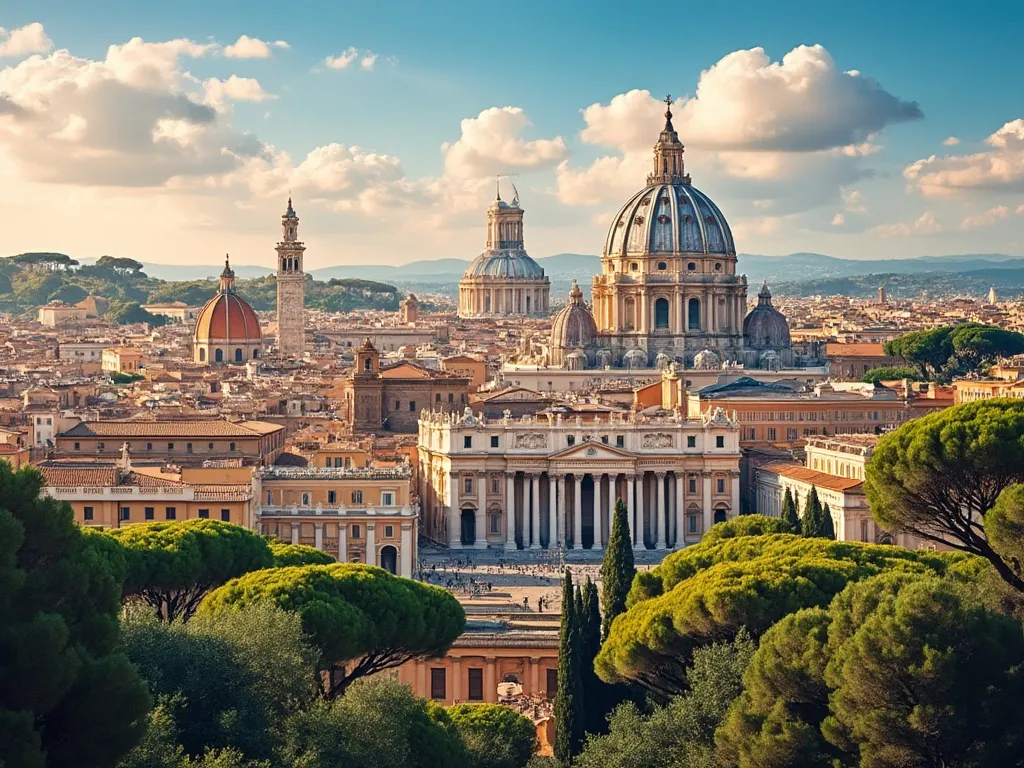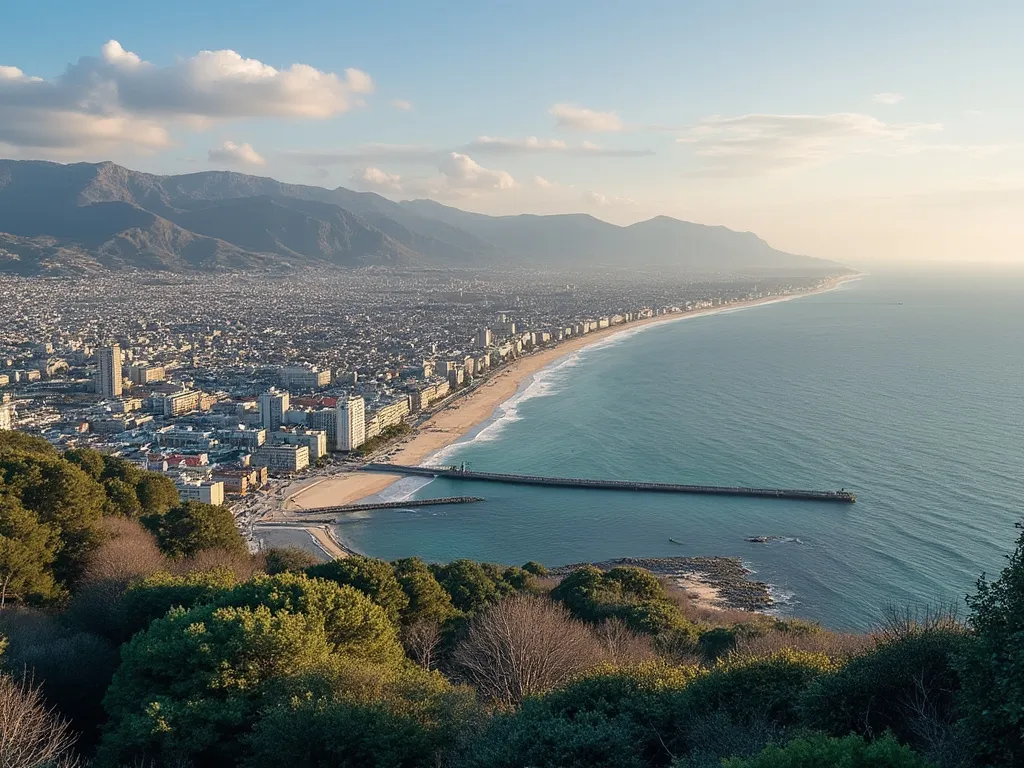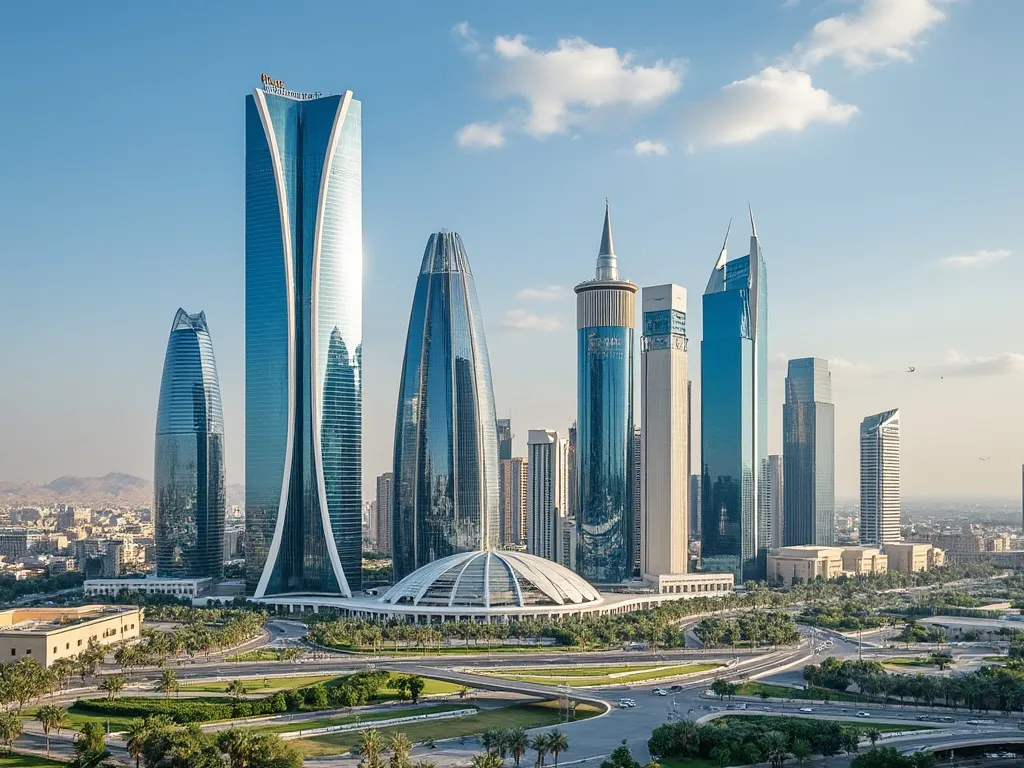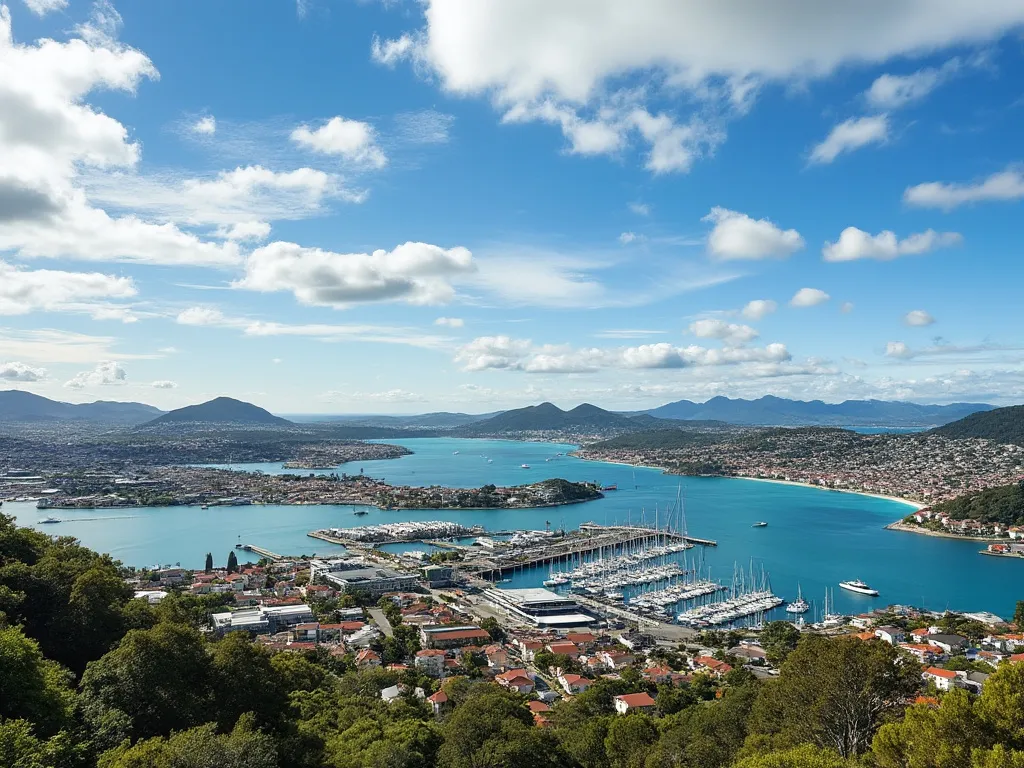
Rome, the capital city of Italy, is a treasure trove of history, architecture, and culture. With a rich history spanning over 2,500 years, Rome has been the center of power, politics, and art, leaving an indelible mark on the world.
Rome information
| Country | 🇮🇹 Italy |
| Population | 2,870,336 |
| Coordinates | 41.87° N, 12.50° E |
| Area | 1,285 km² |
| Climate | Mediterranean climate, with hot summers and mild winters |
| Language | Italian |
| Currency | Euro |
| Time zone | Central European Time (CET) |
| Proximity to other major cities | Approximately 220 km from Florence, 350 km from Naples, and 560 km from Milan |
Interesting facts about Rome
- Rome is home to the world's oldest university, the University of Rome, which was founded in 1303.
- The city has over 900 churches, more than any other city in the world.
- Rome is home to the world's largest amphitheater, the Colosseum, which could hold up to 50,000 spectators.
- The city has a unique mode of transportation, the Vespa, which was invented in Rome in the 1940s.
Tourist attractions in Rome
- The Colosseum: an ancient amphitheater and one of Rome's most iconic landmarks.
- The Vatican City: the center of the Catholic Church and home to numerous iconic landmarks, including St. Peter's Basilica and the Sistine Chapel.
- The Pantheon: a magnificently preserved ancient temple and one of the world's greatest architectural achievements.
- The Trevi Fountain: a beautiful baroque fountain that is one of Rome's most famous landmarks.
Historical background of Rome
Rome was founded in 753 BC by Romulus and Remus, two legendary brothers who are said to have been raised by a she-wolf. The city quickly grew into a powerful republic, which eventually became the Roman Empire, spanning across three continents. Rome was the epicenter of politics, law, architecture, and art, and its legacy can still be seen in the many ancient ruins that dot the city.
Geographical location of Rome
Rome is situated in the central region of Italy, in the Lazio region. The city is nestled in the Tiber River valley, surrounded by seven hills, which have played a significant role in the city's history and development. Rome's unique geography has made it an attractive location for trade, commerce, and tourism.
Cultural significance of Rome
Rome is a city that is steeped in culture and history. From the Colosseum to the Pantheon, the Vatican City to the Trevi Fountain, Rome is home to some of the world's most iconic landmarks. The city is also a hub for art, fashion, and cuisine, with world-renowned museums, galleries, and restaurants.
Economic importance of Rome
Rome is a significant economic hub, with a strong focus on tourism, finance, and industry. The city is home to many multinational corporations, and its tourism industry is one of the largest in the world. Rome is also a major center for education and research, with several top-ranked universities and institutions.
Conclusion on Rome
In conclusion, Rome is a city that has something for everyone. Whether you're interested in history, art, architecture, or cuisine, Rome is a city that will leave you with unforgettable memories. With its rich history, cultural significance, economic importance, and stunning landmarks, Rome is a city that will continue to captivate and inspire visitors for generations to come.
 Roseau
Roseau
 Saint-Denis
Saint-Denis
 Riyadh
Riyadh
 Road Town
Road Town